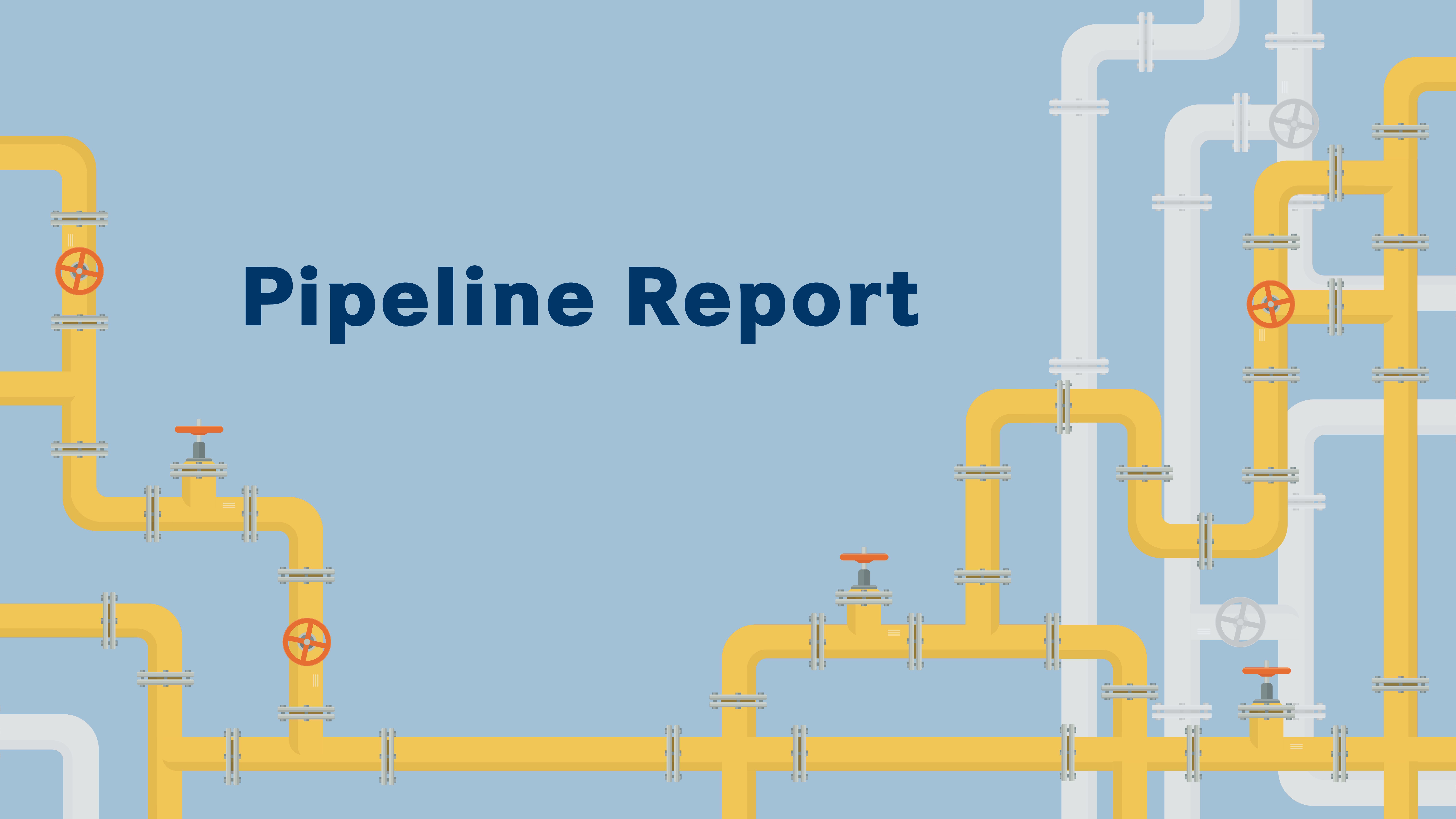
FDA Grants Partial Recognition to Memorial Sloan Kettering’s OncoKB Database

The Food and Drug Administration has granted recognition to a partial listing of the Oncology Knowledge Base, a comprehensive precision oncology knowledge databased developed by investigators and physicians at Memorial Sloan Kettering Cancer Center.
The FDA has granted recognition to a partial listing of the Oncology Knowledge Base (OncoKB), a comprehensive precision oncology knowledge databased developed by investigators and physicians at Memorial Sloan Kettering (MSK) Cancer Center, as the first tumor mutation database to be included in the Public Human Genetic Variant Databases.1,2
The regulatory agency recognized a portion of the database as a source of valid scientific evidence for clinically significant (level 2) and potential clinically significant (level 3) biomarkers. Under the FDA’s database recognition program, test developers can utilize data produced by OncoKB to support the clinical validity of tumor profiling tests in premarket submissions.
The database, which is the first database of somatic variants in cancer to receive partial recognition status from the FDA, includes information about the clinical and biological effects of more than 5600 genomic changes in 682 cancer-associated genes. Data are curated from several global sources, including government agencies, medical professional groups, medical and scientific literature, and clinical trials.
OncoKB is available for free to investigators and its contents can be commercially licensed. Next steps for the database include the annotation of germline alterations, including several that have been validated as predictive of drug response, and the development of a clinical trial matching system.
The FDA reviewed the operating and governance procedures and policies for OncoKB, as well as processes for variant evaluation and curation, and method of assignment of clinical significance. The data are sorted into 1 of 2 levels of clinical significance consistent with FDA-authorized tumor profiling tests.
“Part of the mission of precision oncology is empowering the clinical community to leverage the cancer genome of a patient’s tumor to guide treatment,” OncoKB lead scientist Debyani Chakravarty, PhD, an assistant attending physician in MSK’s Department of Pathology, said in a news release. “Currently, there are hundreds of targeted therapies that are either FDA-approved or being tested in clinical trials. What sets OncoKB apart is its active curation by disease experts and scientists at MSK who are at the forefront of cancer treatment and research. With the FDA partial recognition of OncoKB, the agency credentials our knowledge base as providing accurate, reliable, and clinically meaningful information to the medical and scientific communities.”
Chakravarty developed OncoKB in collaboration with Nikolaus Schultz, PhD, head of knowledge systems in the Marie-Josée and Henry R. Kravis Center for Molecular Oncology at MSK; and computational oncologist JianJiong Gao, PhD, leader of the team of engineers who developed the database’s software infrastructure.
OncoKB collates data from various publicly available resources—including FDA drug labels, expert panels such as the National Comprehensive Cancer Network, the scientific literature, and proceedings from major scientific conferences such as the American Society of Clinical Oncology and the American Association for Cancer Research—to capture the biologic and clinical information for individual mutations.
The database can distinguish between genomic “driver” variants and “passenger” variants that do not contribute to tumorigenesis. More importantly, the platform highlights driver mutations that are clinically actionable by using a built-in feature called the Therapeutic Levels of Evidence scale. The scale identifies biomarkers for specific cancer drugs that have been approved by the FDA and included in NCCN guidelines (levels 1 and 2) and those that are investigational and associated with sensitivity to drugs currently being tested in clinical trials (levels 3 and 4).
OncoKB also collects tumor type-specific information about known drug resistance mutations. The FDA partial recognition is specific to a section of OncoKB that is intended to support the development of next-generation sequencing (NGS) tests. The database’s maps variants with an OncoKB level of evidence to an FDA level of evidence and is a source of clinical validity for test developers.
The database is updated monthly to incorporate the latest information, giving priority to new treatment-mutation associations resulting from FDA drug approvals. An expert committee of MSK clinicians reviews all new information before it is included in the database.
Physicians at MSK currently use OncoKB to conduct clinical research and to automatically annotate sequencing reports for the more than 12,000 patients per year whose tumors are analyzed by the FDA-cleared MSK-IMPACT test. That data is included clinical patient charts and helps to direct treatment recommendations.
“Each tumor profiled is likely to have several mutations, and it can be challenging for clinicians to memorize which mutations are predictive of response to FDA-approved and experimental therapies or are important for understanding a patient’s prognosis or cancer subtype,” David B. Solit, MD, director of the Marie-Josée and Henry R. Kravis Center for Molecular Oncology, said in a statement. “OncoKB solves this dilemma by providing an expertly curated database of the biologic and clinical implications of thousands of cancer-associated mutations.”
References
- FDA recognizes Memorial Sloan-Kettering database of molecular tumor marker information. News release. FDA. October 7, 2021. Accessed October 18, 2021.
https://bit.ly/3aP3SPg - FDA grants partial recognition status to Memorial Sloan Kettering Cancer Center precision oncology knowledge database. News release. Memorial Sloan Kettering Cancer Center. October 7, 2021. Accessed October 18, 2021.
https://bit.ly/2Z4q0ms




































